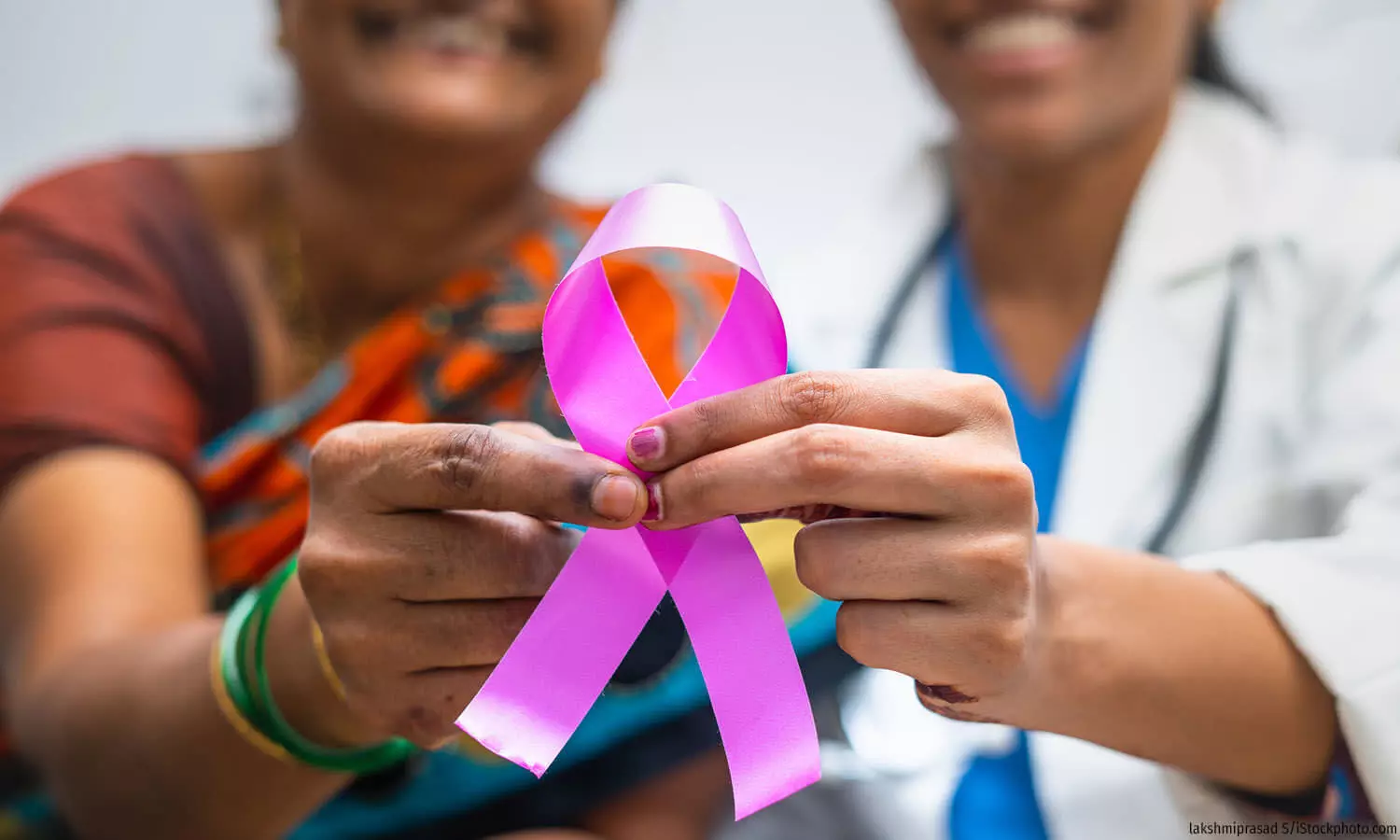Cancer remains one of the leading causes of death worldwide, but many cancers can be treated effectively if caught early. This crucial fact underpins the importance of regular cancer screenings, which can detect malignancies before symptoms appear. This article explores the vital role of screenings like mammograms, colonoscopies, and skin checks in the early detection and treatment of cancers such as breast, colon, and skin cancer.
Understanding Cancer Screenings
Cancer screenings are tests performed on individuals who do not necessarily show symptoms but might be at risk of certain cancers. These screenings are designed to detect early signs of cancer, allowing for interventions that can significantly increase the chances of successful treatment and survival. For instance, mammograms are recommended for women over the age of 40 to detect early signs of breast cancer. Similarly, colonoscopies are advised for adults starting at age 50 to spot colon cancer early. Each type of screening test is tailored to discover specific types of cancer at stages when they are most manageable.
The Types of Screenings Available
Screening tests vary based on the type of cancer they are designed to detect:
- Mammograms are X-ray exams of the breast, recommended annually or biennially for women aged 40 and above. They can detect tumors that cannot be felt and check for breast changes in women experiencing symptoms.
- Colonoscopies allow doctors to examine the interior of the colon and rectum for colorectal cancer. This is recommended for everyone over the age of 50, or earlier for those with a family history of the disease.
- Skin checks involve a thorough examination of the skin for signs of skin cancer, recommended annually, especially for individuals with a high number of moles or who have high sun exposure.
Why Early Detection Matters
Early detection is vital for several reasons:
- Increased survival rates: Many cancers have a significantly higher chance of successful treatment when diagnosed early.
- Less invasive treatment: Early-stage cancers may require less aggressive treatment than more advanced stages.
- Cost-effectiveness: It is often less costly to treat cancer in its early stages than to manage more advanced diseases.
The evidence supporting regular screening is substantial. Studies have shown that areas with higher rates of regular mammography screenings have seen considerable reductions in breast cancer mortality.
Navigating Cancer Screening Information
Finding reliable information and advice on when and how often to engage in cancer screenings is crucial. Websites like the American Cancer Society provide up-to-date guidelines on various types of cancer screenings. Additionally, Cancer.gov offers resources about the different screenings available and the latest research findings. Patients are also encouraged to discuss their personal and family medical histories with healthcare providers, who can offer personalized screening schedules.
The Impact of Lifestyle on Cancer Prevention
While screenings are essential, it’s equally important to acknowledge the role of lifestyle choices in cancer prevention. Diet, exercise, and avoiding carcinogens like tobacco and excessive alcohol can all reduce the risk of developing cancer. Health organizations globally stress the importance of a balanced diet rich in fruits, vegetables, and whole grains while limiting processed and red meats to help ward off cancer. Regular physical activity not only helps maintain a healthy weight but also reduces the risk of several forms of cancer, including breast, colon, and lung cancer.
The Power of Information and Advocacy
Community health programs and national health services often provide educational resources and free screening programs to underserved populations, recognizing the disparities in cancer care. By promoting regular screenings and a healthy lifestyle, these programs aim to reduce the incidence of late-stage cancer diagnoses, particularly in communities with historically limited access to healthcare. Advocacy for cancer prevention and early detection is critical in these efforts, as is supporting legislation that funds cancer research and public health initiatives.
Moving Forward: The Future of Cancer Screenings
Advancements in medical technology promise even more effective screening methods in the near future, including blood tests that can detect multiple types of cancer from a single sample and improved imaging technologies. These developments could revolutionize how early cancers are detected and further decrease cancer mortality rates.
As research continues and as more people participate in regular screenings, the narrative around cancer is slowly changing from one of fear and inevitability to one of prevention and hope. This shift not only saves lives but also reduces the emotional and financial burden on individuals and healthcare systems alike.
Conclusion: A Call to Action
Regular cancer screenings are a proactive way to manage your health. They offer a significant advantage in the fight against cancer by detecting the disease at its most treatable stages. Embrace the technology and medical advances available today by scheduling regular screenings. For more information and resources, visit educational sites like Mayo Clinic, MedlinePlus, and Healthfinder.gov to understand the best practices in cancer prevention and care. Remember, early detection saves lives—make it a priority.

